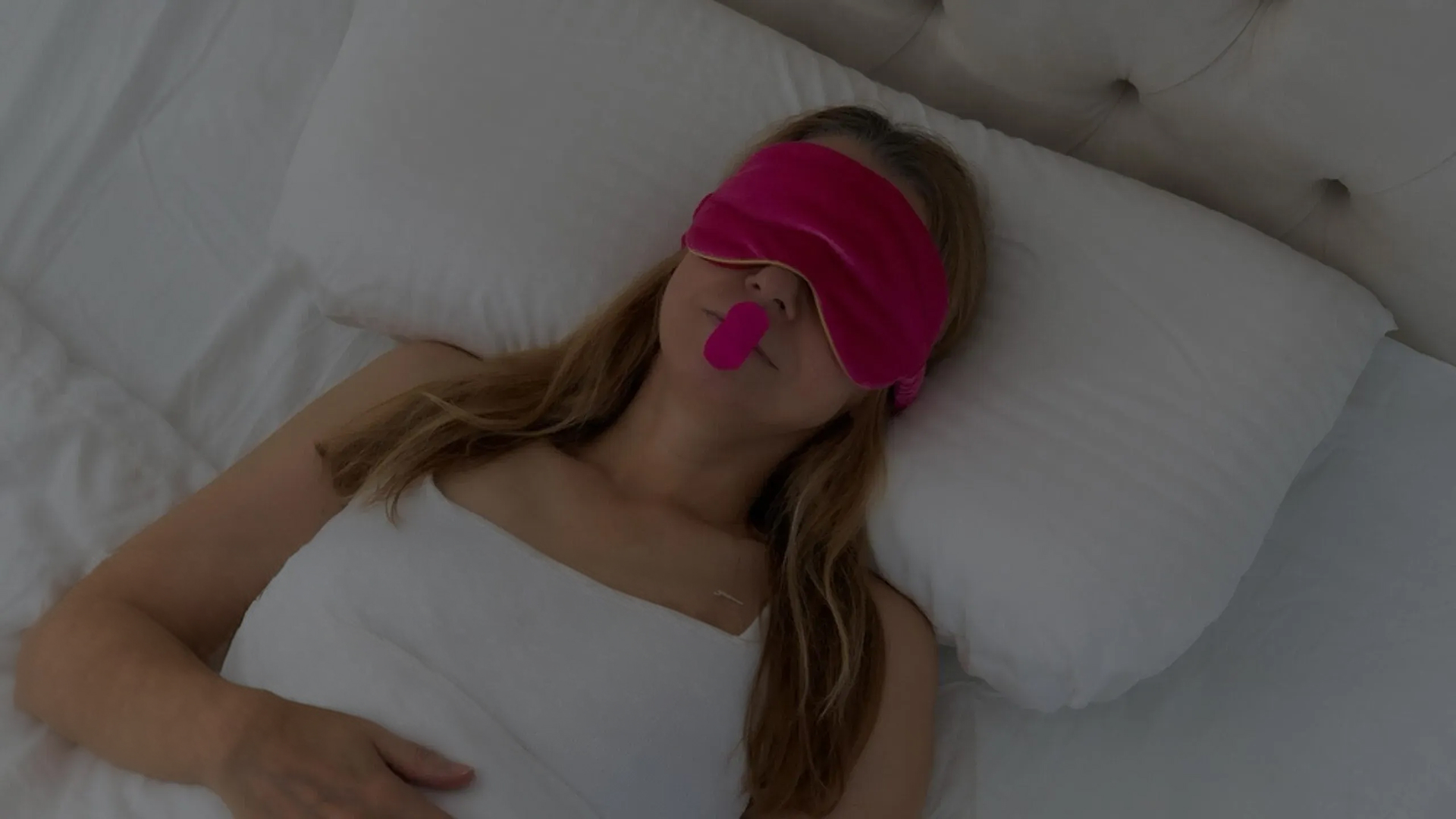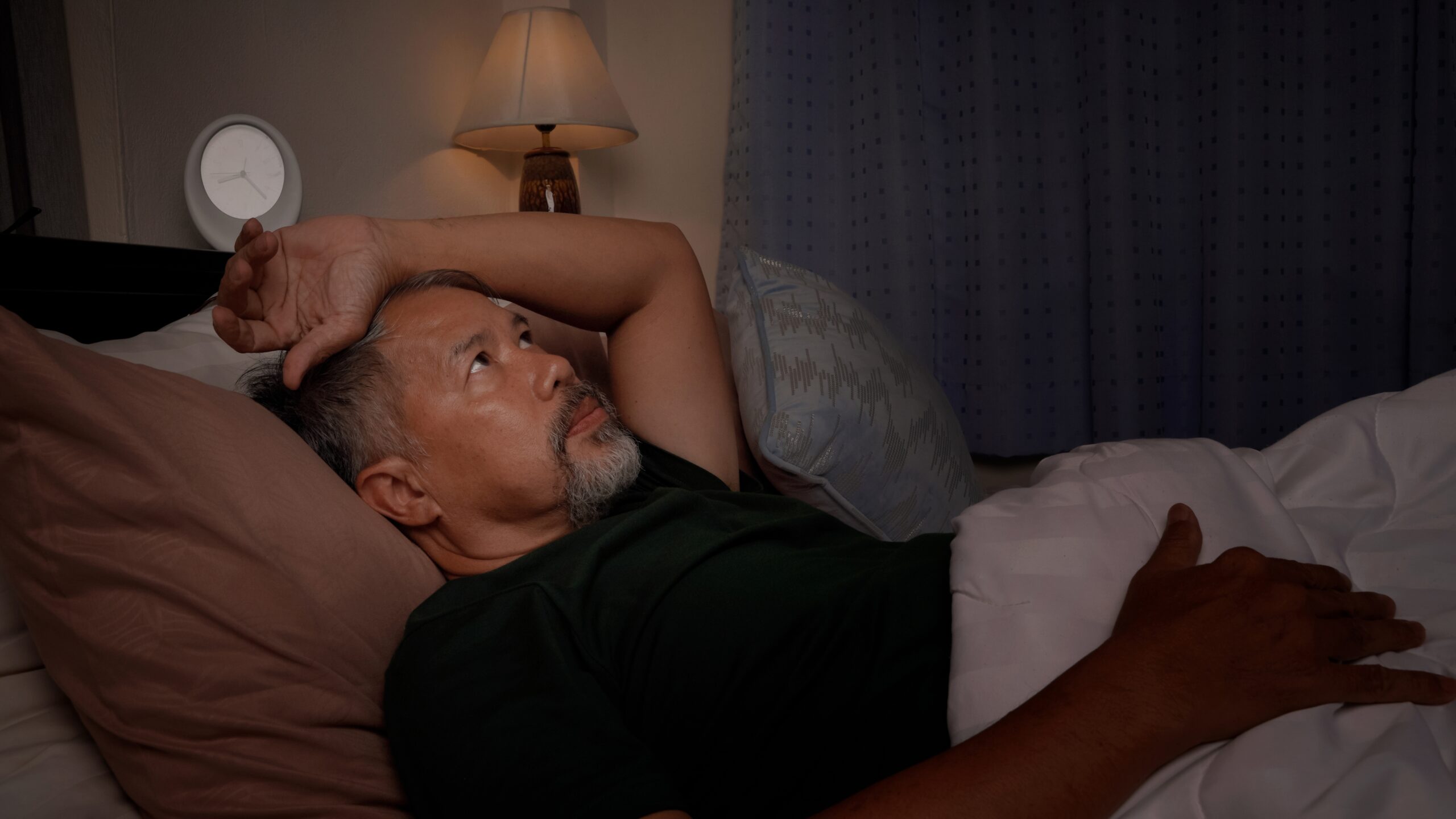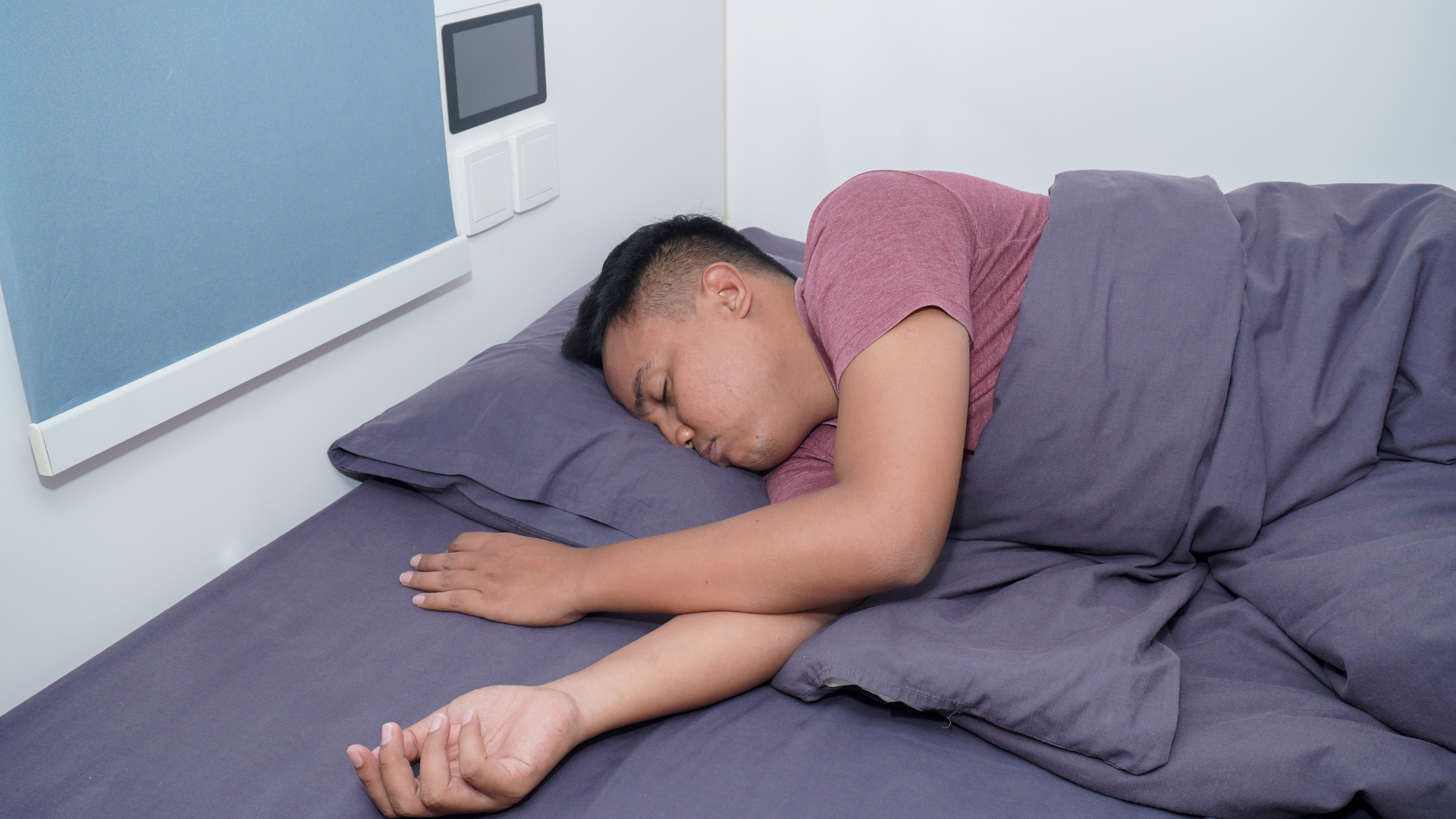In the quest for better sleep, many individuals are exploring various techniques to enhance their nighttime rest. One such technique gaining attention is mouth taping, which involves placing tape over the mouth to encourage nose breathing during sleep. But does mouth taping work? Let’s delve into the benefits, safety concerns, and existing research surrounding this practice.
What is Mouth Taping?
Mouth taping for sleep involves using a gentle adhesive tape to keep the mouth closed while sleeping. This technique aims to promote nasal breathing, which can improve sleep quality and reduce issues like snoring.
Benefits of Mouth Taping
- Encourages Nose Breathing: One of the primary benefits of mouth taping is that it encourages breathing through the nose, which can lead to better oxygenation and improved sleep quality. Nose breathing has several benefits, including increased nitric oxide production, which helps to improve circulation and overall health.
- Reduces Snoring: Mouth taping can potentially help reduce snoring by preventing the mouth from falling open during sleep. When the mouth is closed, the airflow is directed through the nose, which may lead to a quieter sleep environment.
- May Help with Sleep Apnea: For some individuals with mild obstructive sleep apnea, mouth taping may serve as a temporary solution to promote nasal breathing. However, it is crucial to consult with a healthcare professional before relying on mouth taping for sleep apnea management.
Does Mouth Taping Work?
The effectiveness of mouth taping varies from person to person. Some individuals report improved sleep quality and reduced snoring, while others may find it uncomfortable or ineffective. While anecdotal evidence suggests that it can be beneficial, more scientific research is needed to substantiate these claims fully.
Mouth Taping Safety
An adjustable bed allows you to elevate your head, which can help open your airway and reduce snoring. By keeping your body in an elevated position, you reduce the chances of your airway becoming obstructed.
- Potential Risks: While mouth taping is generally considered safe for most individuals, there are some potential risks involved. It may cause discomfort or anxiety for those who feel claustrophobic or have difficulty breathing through their nose.
- Skin Irritation: Some individuals may experience skin irritation or allergic reactions from the adhesive used in the tape. It’s essential to choose a tape designed for skin contact, such as medical tape or specific mouth taping products.
- Consultation with Professionals: Before starting mouth taping, it is advisable to consult with a healthcare professional, especially if you have pre-existing conditions such as asthma or chronic nasal congestion.






